When watching The Joker, it’s impossible not to see how a broken system can push a fragile individual over the edge.
Luigi Mangione’s tragic story bears haunting similarities—not as an excuse for violence but as a stark reminder of what happens when mental health and systemic failures collide.
Both narratives illuminate the devastating consequences of neglect, stigma, and the absence of proper support.
A System in Crisis
In The Joker, Arthur Fleck is a man discarded by a healthcare system ill-equipped to provide adequate care.
His medications are cut off, therapy sessions reduced to paperwork, and his cries for help drowned out by societal indifference.
Similarly, Luigi Mangione’s struggles expose a system that many feel prioritizes profits over people.
Reports highlight Mangione battling mounting pressures and systemic neglect—a combination that could break even the strongest among us.
The Joker’s fictional descent may feel distant, but Mangione’s story is an urgent reality.
It reflects a healthcare landscape where clinicians are overburdened, under-supported, and often unable to advocate for themselves or their patients effectively.
The Weight of Isolation
Both Arthur Fleck and Luigi Mangione faced profound isolation. For Arthur, loneliness and societal rejection were catalysts for his downward spiral.
For Mangione, reports suggest he grappled with similar feelings of alienation, highlighting the dire need for connection and support, particularly for those in caregiving roles like healthcare providers.
Mental Health: The Common Thread
In both stories, untreated or under-treated mental health issues play a central role.
Arthur’s unravelling could have been mitigated with sustained care, compassion, and resources. Mangione’s situation raises questions about the toll on individuals who are both caregivers and victims of systemic neglect.
The Joker’s violent outbursts and Mangione’s tragic actions are, in no way, justifiable.
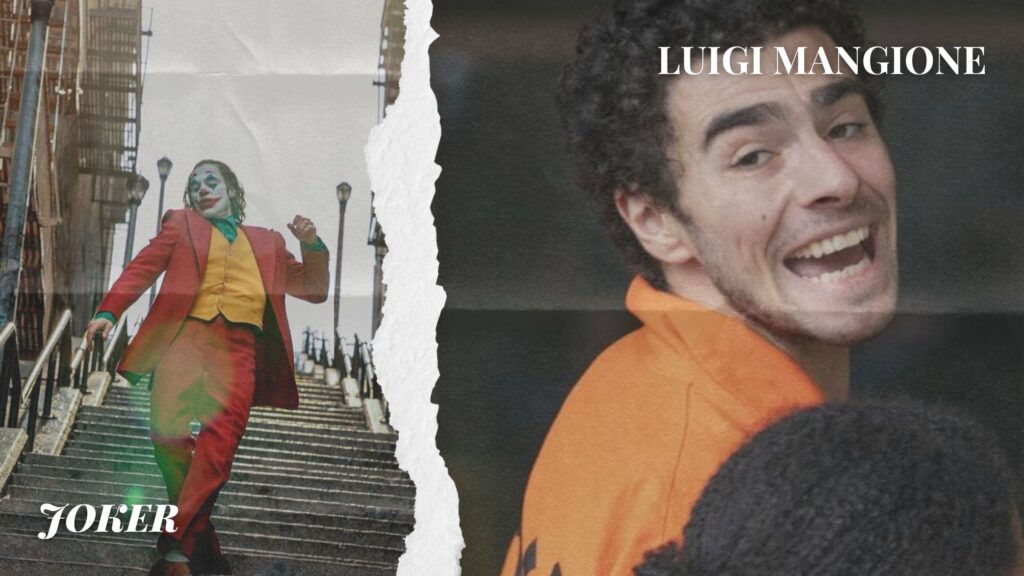
However, they force us to confront uncomfortable truths about societal failures.
What happens when we ignore the warning signs? How many others are silently struggling?
Lessons for Today
The fictional Gotham City mirrors realities we see in America’s healthcare system.
High costs, inaccessible mental health care, and overwhelmed providers create a perfect storm.
When systems fail, individuals slip through the cracks, often with devastating consequences.
Luigi Mangione’s story, like Arthur Fleck’s, is a wake-up call.
It’s a chance to advocate for reform: better access to mental health care, more robust support systems for providers, and societal empathy for those struggling in silence.
The Need for Change
If we’ve learned anything from The Joker or stories like Mangione’s, it’s that people are not inherently “bad” or “broken.”
Instead, they are often products of broken systems. By addressing the cracks—prioritizing mental health, reducing stigma, and building compassionate systems—we can prevent future tragedies.
This isn’t just about the victims or the perpetrators; it’s about all of us.
It’s about recognizing that our healthcare systems, our policies, and our compassion must evolve to meet the needs of a society in crisis.






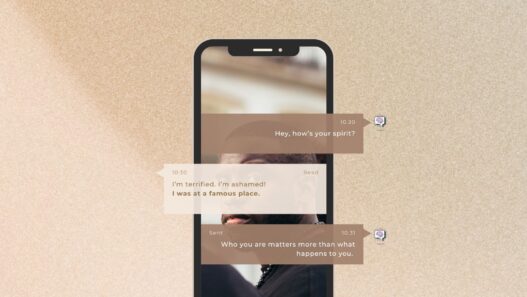

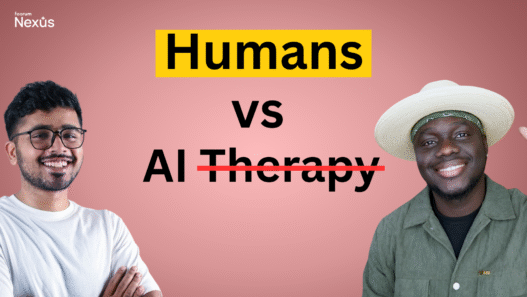


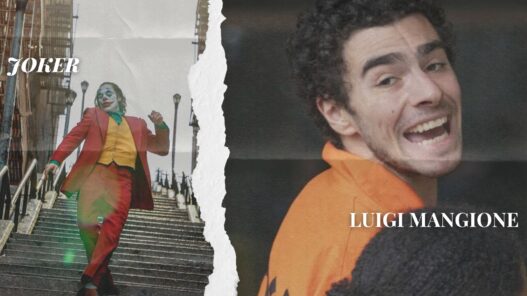
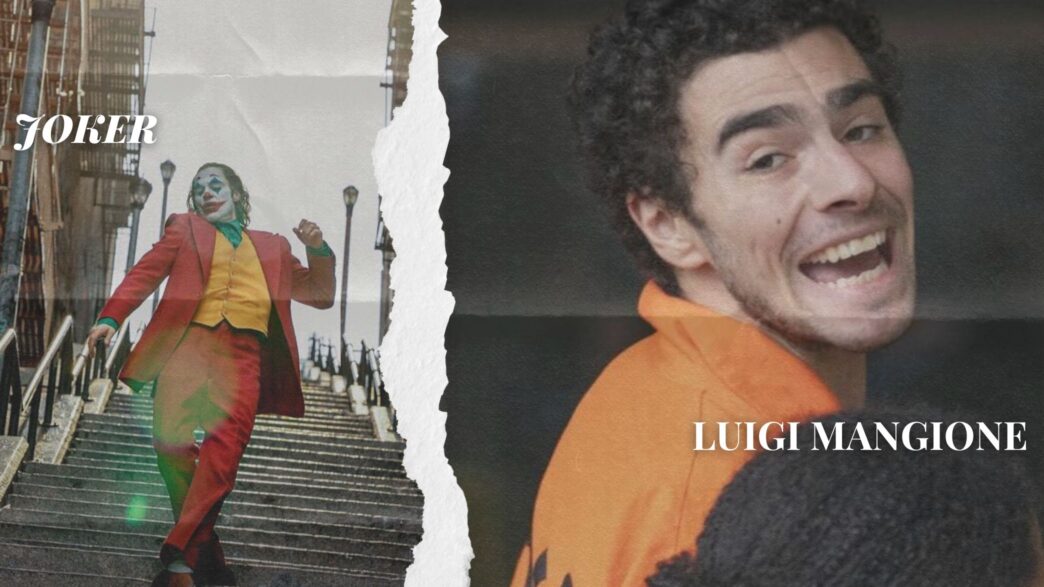










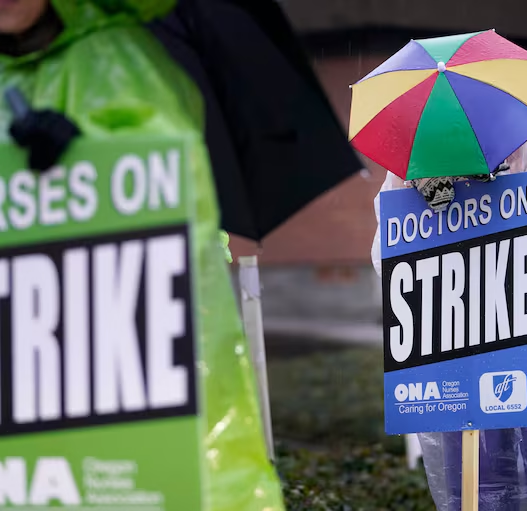
Wow this gives me the chills!
It is so overwhelmingly true.
In the Joker everyone looked past him or just thought he was crazy.
Having your voice heard makes a difference. It’s unfortunate when most people who try to make themselves hear are either attracted by the police in a peaceful protest or silenced because it’s doesn’t align with the people in powers political agenda.
A lot of under dogs are letting this unfortunate incident ignite that systematic rage they feel because they’re always suppressed more taxes more expensive bills no raisin pay. It’s a lot of pressure and with the most recent political run from both parties. It was so negative and spreading so much hate that this is the new culture. We are a part of treating others as if they are less than because the color of their skin mental illness or financial stability something gotta give because it’s breaking.